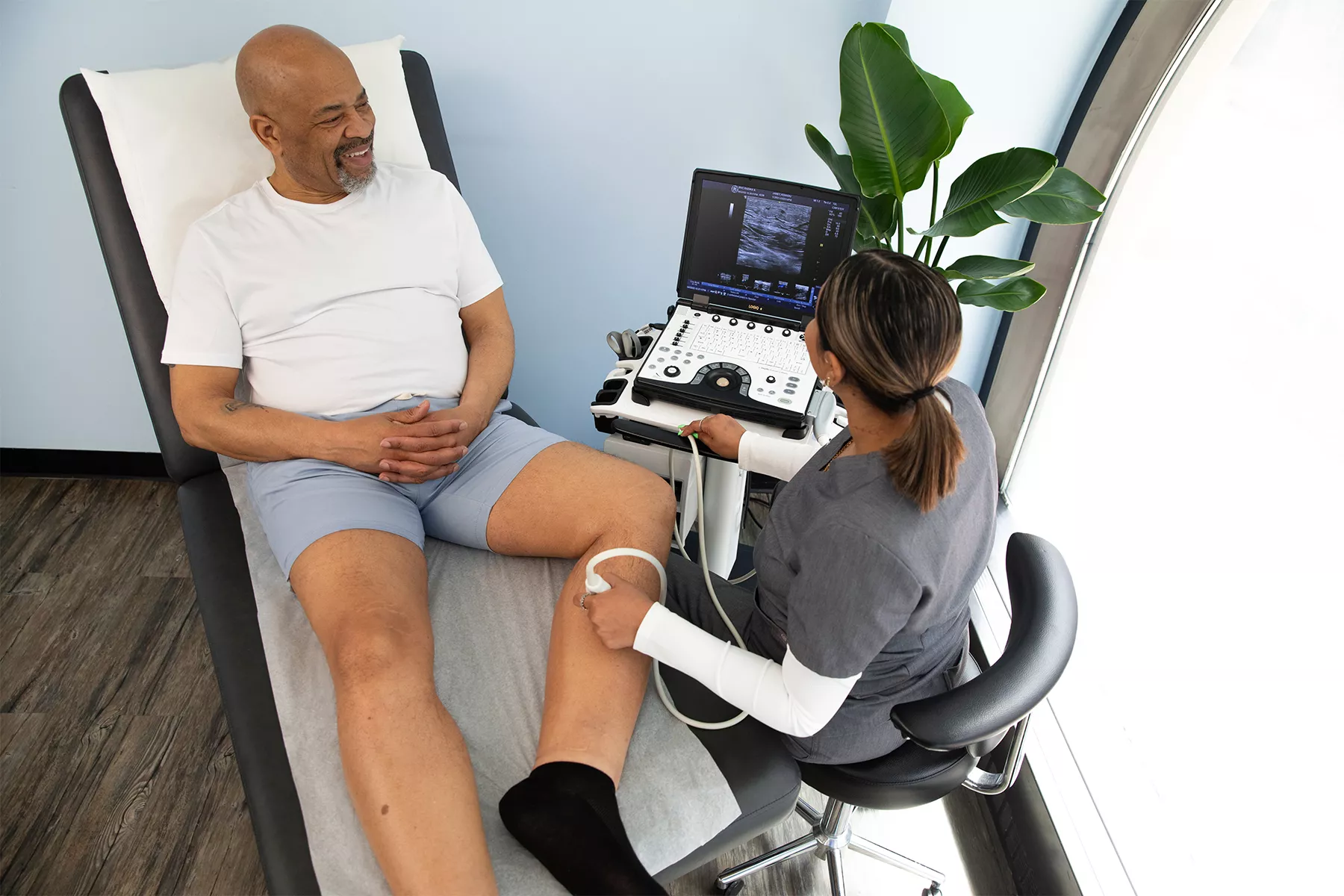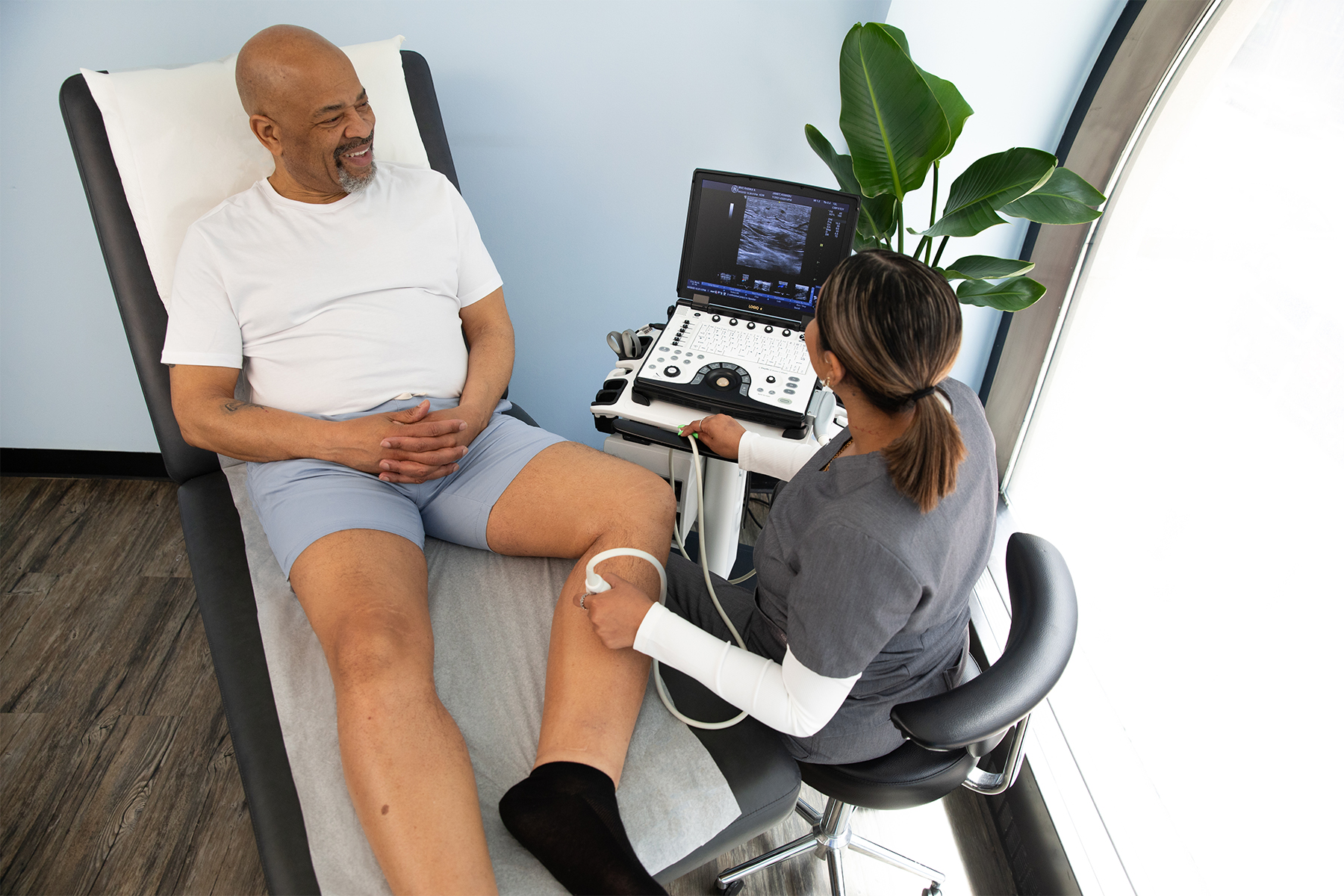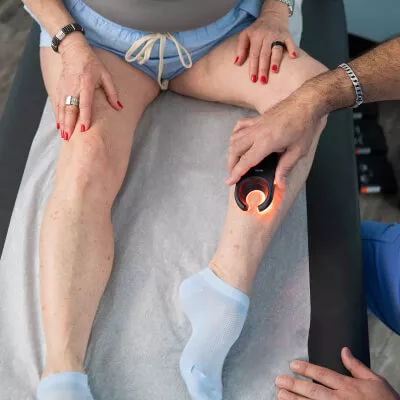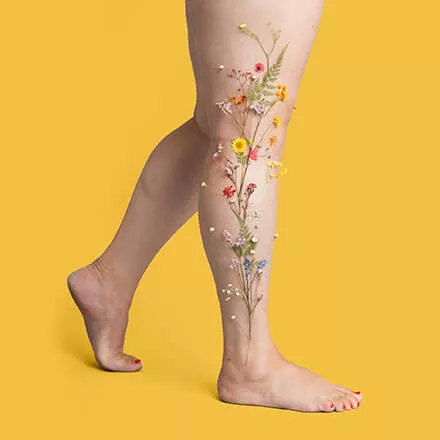Embarking on a vein treatment journey is a significant step towards better vascular health and quality of life. However, the journey doesn't end when the procedure itself does.
Post-treatment follow-up care is just as important for optimal results and preventing potential complications. Follow-up care is key to the success of your recovery, long-term results, and maintaining healthy veins for years to come.
The Importance of Post-Treatment Follow-Up
Congratulations-you've taken a significant step for your health by undergoing vein treatment. Now, to ensure you achieve the best possible outcome and maintain long-term results, follow-up care is the next step in your treatment plan and healing journey. Here's why recovery monitoring and post-procedure care is so important:
- Optimizing Results: Vein treatments, while highly effective, require time for the body to heal and for the treated veins to fully close. Follow-up appointments allow your healthcare provider to monitor the healing process and make any necessary adjustments to maximize the treatment's effectiveness.
- Long-Term Vein Health: Vein disease is a chronic condition, and follow-up care plays a vital role in preventing recurrence and maintaining long-term vascular health. Regular check-ups enable early identification of any new or developing vein issues, preventing them from becoming more serious.
- Complication Prevention: While vein treatments are generally safe, potential complications can arise. Follow-up visits provide an opportunity for early detection and proactive management of any issues.
- Patient Education: During follow-up appointments, your healthcare provider can go over post-treatment instructions, answer your questions, and provide guidance on lifestyle modifications that support a smooth recovery.
Typical Timeline for Follow-Up Appointments
The specific timeline for follow-up appointments will vary depending on the type of vein treatment you've received and your individual needs. However, your post-treatment schedule might look like this:
- Immediate Aftercare: Your provider will provide you with after care instructions immediately following your procedure to help you along the healing process. This may include wearing medical grade compression stockings, walking and avoiding strenuous exercise..
- Early Follow-Up (within the first few days to a week): These appointments focus on assessing your early healing progress and addressing any concerns.
- Mid-Term Follow-Up (several months post-treatment): These visits focus on evaluating the effectiveness of the treatment, monitoring for any signs of recurrence, and making any necessary adjustments to your care plan.
- Long-Term Monitoring (ongoing, as needed): Even after successful treatment, regular check-ups are essential for maintaining vein health and preventing future problems.
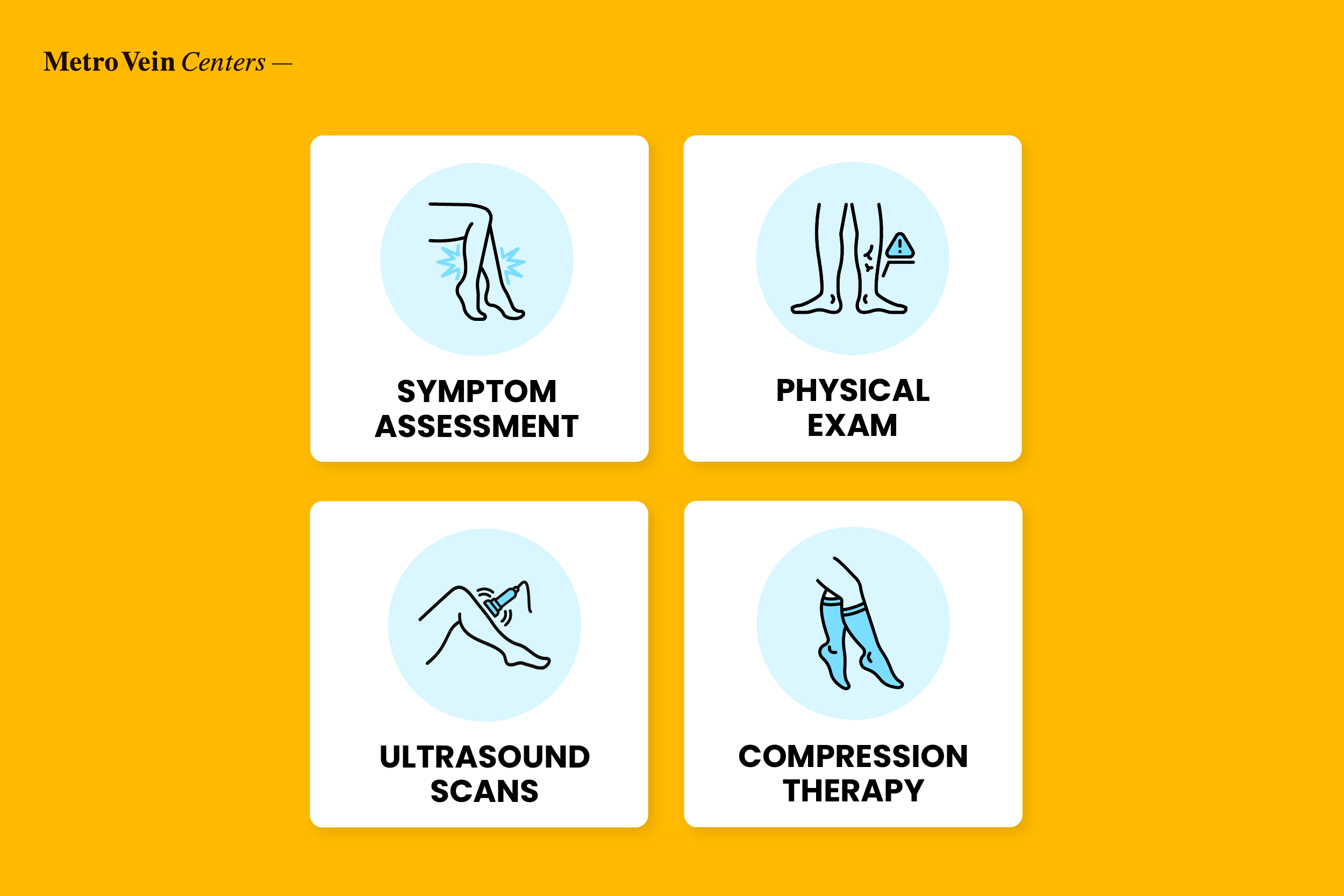
What to Expect During Your Follow-Up Visit
A typical follow-up appointment will involve several key components:
- Symptom Assessment: Your healthcare provider will ask about any persistent or new symptoms you may be experiencing, such as pain or swelling.
- Physical Exam: A physical examination of your legs will be conducted to evaluate the treated veins and look for any signs of complications.
- Ultrasound Scans: Ultrasound scans may be used to view the treated veins to monitor their healing. These scans also help detect any new or recurring vein issues that may not be noticeable during a physical exam.
- The Role of Compression Therapy: Your healthcare provider will review your compression therapy routine and ensure you are using compression stockings correctly.
Assessing Treatment Efficacy
During follow-up visits, your healthcare provider will use a combination of methods to evaluate the overall success of your vein treatment plan. These include:
- Symptom Improvement: Has your treatment reduced or eliminated your presenting symptoms, such as pain, swelling, and heaviness? If so, this is a good indication of treatment success.
- Vein Healing: Ultrasound scans may be used for vein closure verification and are at the proper stage of healing.
- Physical Examination Findings: A physical exam can also yield information about your recovery, such as an improvement in the appearance of the legs and a reduction in varicose veins or spider veins.
Addressing Post-Treatment Concerns
Follow-up visits provide a safe educational space to discuss any concerns or questions you may have about your treatment and recovery.
Proactive management of potential complications is a strong predictor of a smooth and successful outcome. You will want to make sure you notify your healthcare provider of any concerns, including:
- Bruising or swelling: Some bruising and swelling are normal after vein treatment, but any excessive or prolonged symptoms should be checked out.
- Pain or discomfort: Mild pain or discomfort is common, but severe or persistent pain should be reported.
- Skin changes: Any changes in the skin around the treated area, such as redness, warmth, or ulceration, should be looked at promptly.
The Role of Compression Therapy in Recovery
Compression therapy plays a vital role in the recovery process after vein treatment. Compression stockings help to improve circulation, reduce swelling, and support the healing of the treated veins. During follow-up visits, your healthcare provider will monitor your use of compression stockings and make sure they are providing adequate support.
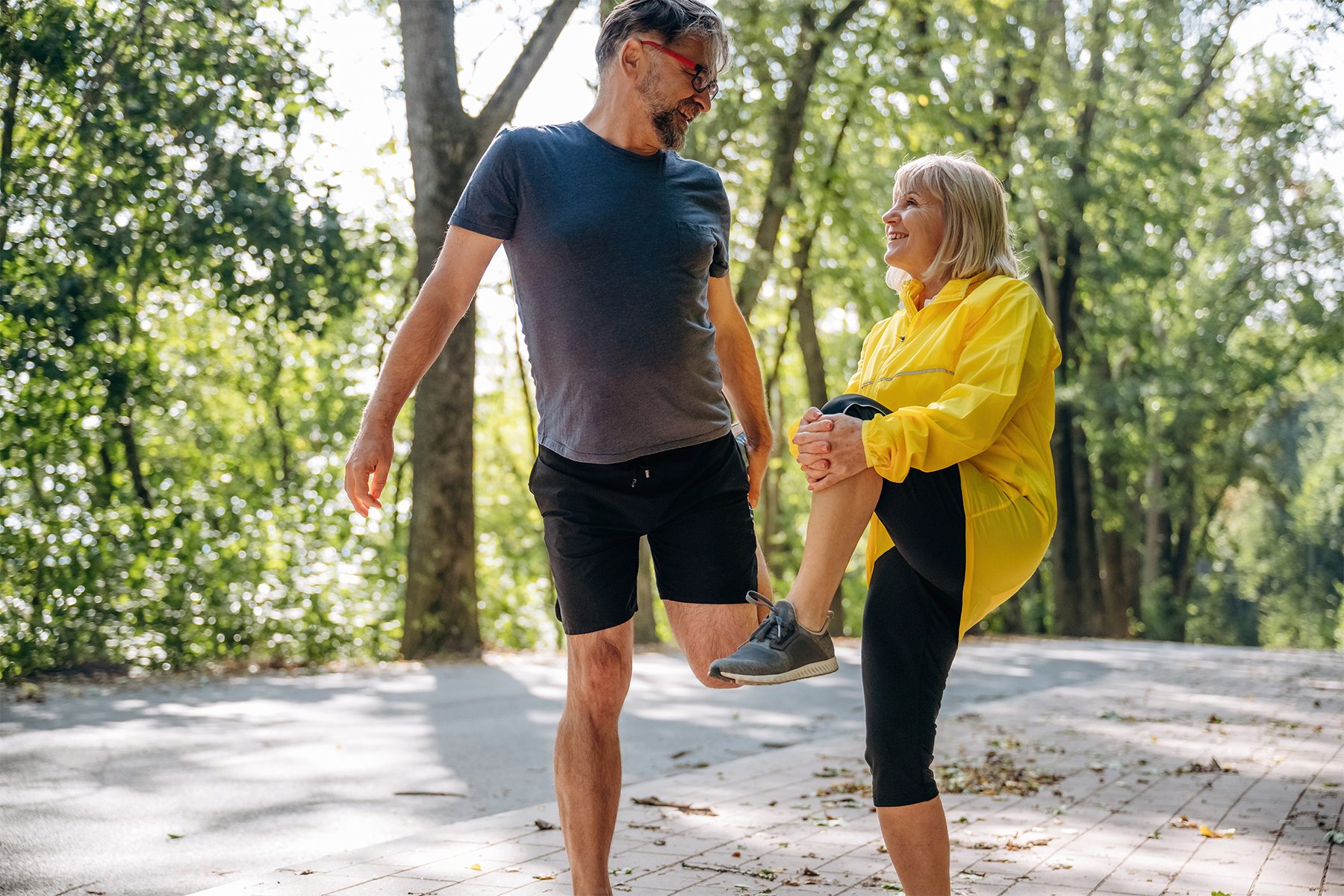
Long-Term Vascular Health Maintenance
Maintaining long-term vein health requires ongoing attention and care. During follow-up appointments, your healthcare provider will discuss strategies for preventing recurrence and maintaining your results. These strategies may include:
- Regular exercise: Maintaining an active lifestyle is essential for healthy circulation.
- Weight management: Maintaining a healthy weight reduces strain on your veins.
- Healthy diet: A balanced diet supports overall vascular health.
- Compression therapy: Continued use of compression stockings may be recommended, especially during prolonged periods of standing or sitting.
Have you had vein treatment recently? Schedule your post-treatment follow-up appointment today to ensure optimal recovery and long-term vein health.
Frequently Asked Questions
How often should I schedule follow-up appointments after varicose vein treatment?
The frequency of follow-up appointments will vary depending on your individual needs and the type of treatment you received. Your healthcare provider will recommend a personalized schedule for you.
What specific tests are performed during post-sclerotherapy follow-up visits?
Post-sclerotherapy follow-up visits typically involve a physical exam and may include ultrasound scans to assess the treated veins.
Can follow-up care detect early signs of vein disease recurrence?
Yes, follow-up care is essential for detecting early signs of vein disease recurrence. Regular check-ups and ultrasound scans can help identify any new or developing vein issues.
How long after vein treatment should I continue wearing compression stockings?
The duration of compression stocking use will vary depending on the type of treatment and your vein specialist's recommendations. Your healthcare provider will provide you with specific instructions regarding when and how long you should wear compression stockings.

Dr. Philip LoPresti
Meet Dr. Philip LoPresti DO, DABVLM, FACS, a board-certified vein specialist and surgeon with over 20 years of experience. Schedule an appointment with him in Queens, NY today.
Meet Dr. Philip LoPresti
Trusted insight from the nationally accredited, board-certified vein doctors at Metro Vein Centers.


